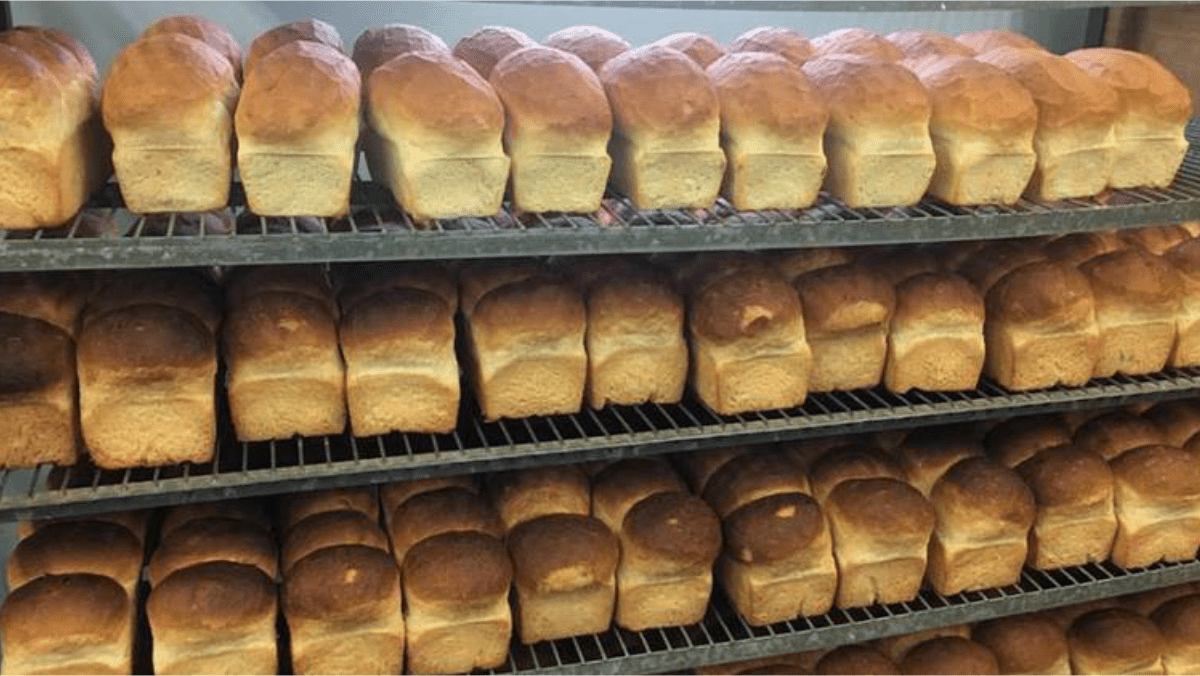In the coming days, Nigerians may have to pay extra for bread since bakers in several areas have announced price increases to offset the high cost of ingredients.
After going on strike for weeks, Kogi Master Bakers said on Sunday that they would resume production but would also raise the price of their goods.
The group joined the statewide walkout on Wednesday that was called by its national body in an effort to get the government to lower the cost of the ingredients used to make bread.
“Although the federal government is yet to respond to our pleas and demands, we are satisfied that we have at least sent a message hoping for a positive result,” Gabriel Bamidele-Adeniyi, Chairman, Association of Master Bakers and Caterers of Nigeria, Kogi Chapter, told the News Agency of Nigeria (NAN).
“Unfortunately, as we resume production, July 25, prices of bread will definitely increase by 20 per cent.
“A bread of N200 will cost between N240 and N250, that of N500 will cost N600, that of N600; N750, that of N700 will cost N880 and that of N800; between N980 and N1, 000 respectively
“We want the public to know that the new increment in prices of stable bread is not our making but that of the increase in the prices of commodities we use in bread production.
“We want the government to see to it that prices of yeast, sugar and flour being imported are drastically reduced so that only three companies have the licence to import them.
“Unfortunately those three firms are monopolizing the prices of sugar, yeast and flour to the detriment of bakers in Nigeria,” he lamented.
Mr. Bamidele-Adeniyi made a plea to the government to see that the sugar company in Bashuta began production and to give members the chance to apply for import permits and financing for increased bread manufacturing.
Last week, bakers in Abuja announced their decision not to participate in the strike, stating that they chose to work with the government to find answers. In the event that that didn’t work, they cautioned that they would stop production.
Due to the high cost of ingredients and production, bakeries in Cross River claimed they were raising prices and cutting output amounts.
Thomas Odey, a state Master Bakers group head, revealed this in an interview with NAN on Monday.
The Cross River master bakers, according to Mr. Odey, decided to raise prices and cut production levels rather than withdraw their services for two weeks like the national organization had done.
Considering that bread is a staple food item in Nigeria, the director of Canaan Delight Bakery Nigeria Limited said that discontinuing service would be bad for the economy.
“The planned increment is not even enough, this is because the price of every means of production has increased from condiments to diesel and all other raw materials.
“This is a global issue that is not peculiar to Nigeria or materials for baking alone but the price of every foodstuff has increased significantly.
“In my contacts with big flour mills in the country, they will tell you the Russia/Ukraine crisis, exchange rate and the issue of sourcing foreign currency are posing major challenges and increasing the price of wheat flour,” he said.
Speaking further, Mr. Odey said that while using potato and cassava flour was an option, it was problematic because Nigeria lacked the specialized cassava species required for high-quality flour production.
He claimed that the typical Nigerian cassava was bitter when turned into flour, and that the country’s production of potatoes was insufficient because potato cultivation was still mostly subsistence-level.
“In my training with Flour Mill, I discovered that they mixed cassava flour with wheat to get what they used but the kind of cassava they used was a specie we need to develop in large quantities.
“Potato flour is also good and can be combined with wheat flour but the challenge is that it is not enough in the country for industrial purposes and is a seasonal crop.
“Nigeria needs to channel its resources and mindset to developing agriculture and stop paying lip service because if we continue to depend on the importation of foreign raw materials to salvage our few industries, it will never help us,” he asserted.



















